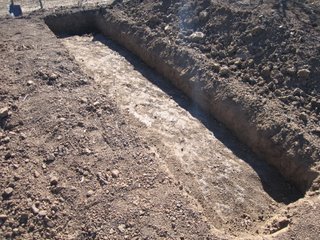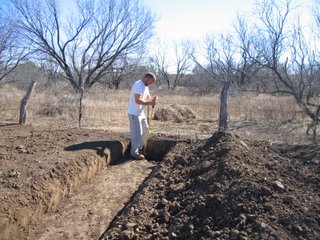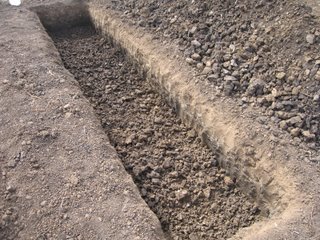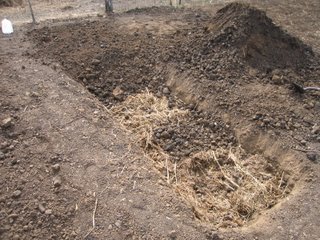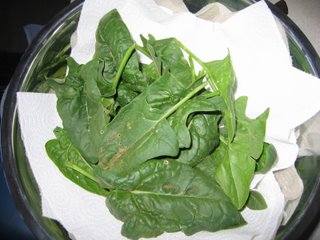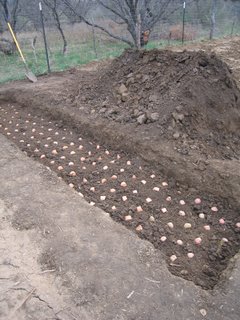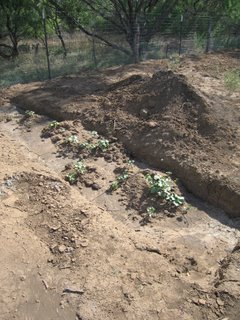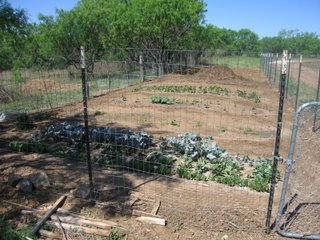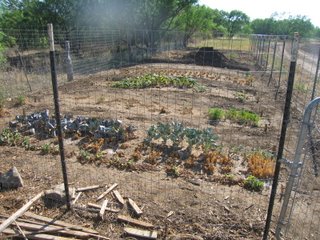Webster’s 1828 dictionary defines the word “serve” as follows:
SERVE, v.t. serv. [L. servio. This verb is supposed to be from the noun servus, a servant or slave, and this from servo, to keep.]
1. To work for; to bestow the labor of body and mind in the employment of another.
Jacob loved Rachel and said, I will serve thee seven years for Rachel thy youngest daughter. Gen. 29.
No man can serve two masters. Matt. 6.
2. To act as the minister of; to perform official duties to; as, a minister serves his prince.
Had I served God as diligently as I have served the king, he would not have given me over in my gray hairs. Cardinal Woolsey.
3. To attend at command; to wait on.
A goddess among gods, ador’d and serv’d
By angels numberless, thy daily train. Milton.
4. To obey servilely or meanly. be not to wealth a servant.
5. To supply with food; as, to be served in plate.
6. To be subservient or subordinate to.
Bodies bright and greater should not serve
The less not bright. Milton.
7. To perform the duties required in; as, the curate served two churches.
8. To obey; to perform duties in the employment of; as, to serve the king or the country in the army or navy.
9. To be sufficient, or to promote; as, to serve one’s turn, end or purpose.
10. To help by good offices; as, to serve one’s country.
11. To comply with; to submit to.
They think herein we serve the time, because thereby we either hold or seek preferment. Hooker.
12. To be sufficient for; to satisfy; to content.
One half pint bottle serves them both to dine,
And is at once their vinegar and wine. Pope.
13. To be in the place of any thing to one. A sofa serves the Turks for a seat and a couch.
14. To treat; to requite; as, he served me ungratefully; he served me very ill; We say also, he served me a trick, that is he deceived me, or practiced an artifice on me.
15. In Scripture and theology, to obey and worship; to act in conformity to the law of a superior, and treat him with due reverence.
Fear the Lord and serve him in sincerity and truth. As for me and my house, we will serve the lord. Josh. 24.
16. In a bad sense, to obey; to yield compliance or act according to.
For the most part, each of the above definitions is related, in that 1) each involves how time is spent of the servant, regardless of what or who is being served, and 2) there is a commitment and submission of the servant to that which is being served.
Matt 6:24 says, “No man can serve two masters: for either he will hate the one, and love the other; or else he will hold to the one, and despise the other. Ye cannot serve God and mammon.”
Webster’s 1828 dictionary defines mammon as the following:
MAM’MON, n. Riches; wealth; or the god or riches.
or a mammonist as:
MAM’MONIST, n. A person devoted to the acquisition of wealth; one whose affections are placed supremely on riches; a worldling.
As I stated, and as is demonstrated in the dictionary definitions above, servanthood by nature involves spending time doing the serving. I would say further that this implies the reverse to be true: what you spend your time doing, you serve.
Now, the context of the Bible verse above is the Lord Christ discussing the spiritual condition of one’s heart, as evidenced by where his “treasure” is, and that the treasures of the world should not be sought, because if the Lord is lord of your life, you should not be concerned about the temporal necessities of life:
Matt 6:19-34 – “19 Lay not up for yourselves treasures upon earth, where moth and rust doth corrupt, and where thieves break through and steal: 20 But lay up for yourselves treasures in heaven, where neither moth nor rust doth corrupt, and where thieves do not break through nor steal: 21 For where your treasure is, there will your heart be also. 22 The light of the body is the eye: if therefore thine eye be single, thy whole body shall be full of light. 23 But if thine eye be evil, thy whole body shall be full of darkness. If therefore the light that is in thee be darkness, how great is that darkness! 24 No man can serve two masters: for either he will hate the one, and love the other; or else he will hold to the one, and despise the other. Ye cannot serve God and mammon. 25 Therefore I say unto you, Take no thought for your life, what ye shall eat, or what ye shall drink; nor yet for your body, what ye shall put on. Is not the life more than meat, and the body than raiment? 26 Behold the fowls of the air: for they sow not, neither do they reap, nor gather into barns; yet your heavenly Father feedeth them. Are ye not much better than they? 27 Which of you by taking thought can add one cubit unto his stature? 28 And why take ye thought for raiment? Consider the lilies of the field, how they grow; they toil not, neither do they spin: 29 And yet I say unto you, That even Solomon in all his glory was not arrayed like one of these. 30 Wherefore, if God so clothe the grass of the field, which to day is, and to morrow is cast into the oven, shall he not much more clothe you, O ye of little faith? 31 Therefore take no thought, saying, What shall we eat? or, What shall we drink? or, Wherewithal shall we be clothed? 32 (For after all these things do the Gentiles seek:) for your heavenly Father knoweth that ye have need of all these things. 33 But seek ye first the kingdom of God, and his righteousness; and all these things shall be added unto you. 34 Take therefore no thought for the morrow: for the morrow shall take thought for the things of itself. Sufficient unto the day is the evil thereof.”
So, spending one’s time seeking riches, even under the guise of them being for the necessities of life, is, according to these verses, not godly living, because if you are spending your time doing that, you are thus serving those riches.
This is further evidenced by dependence. Why do people spend so much time in the service of obtaining money? It’s because they NEED the money to survive — they are dependent on it. Don’t believe me? What would happen to people’s ability to eat and drink if they lost their jobs and couldn’t find other ones, or if money became worthless? Unless they are growing their own food and have their own source of water, they would die. Dependency requires servitude.
Sound familiar? Does not a person spending all day at a corporate job, in a career, earning a paycheck so he can buy food and water, fit these descriptions?
Now, once again, verse 24 says one “cannot serve God and mammon,” which means the service of these are mutually exclusive: if you are serving one, you cannot be serving the other. So, if one’s time is spent in pursuit of money, that makes that person a servant of money; and if that person depends on that money for survival, that person is further a servant of money. And therefore, in that, that person cannot be serving God.
What is it you’re spending most of your day doing, and on what do you depend for your life necessities; and thus, what do you serve? And so then, Whom are you not serving?
— David
